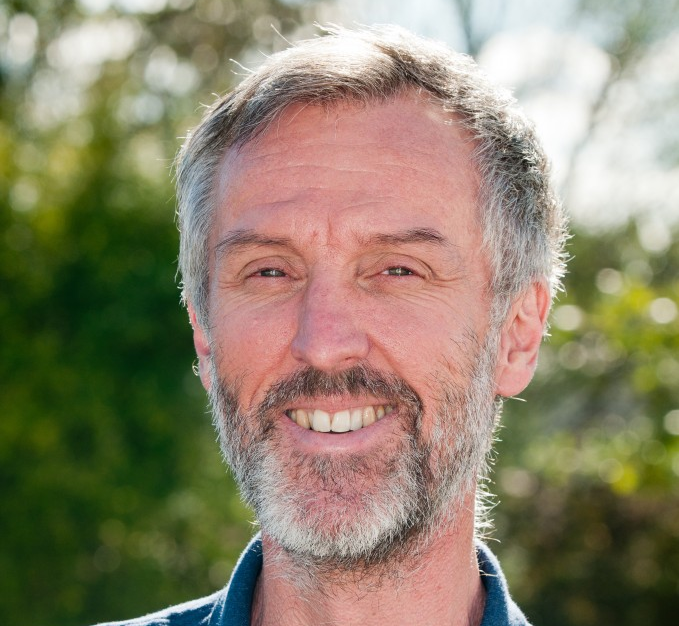
When we make rapid reaching movements, due to the limited information throughput of our sensorimotor system, we have to trade speed for accuracy. To do so, the trajectory of our hand is the result of an optimal balance between feed-forward and feed-back control in the face of signal-dependant noise in the sensorimotor system. How far do these principles of trajectory formation still apply after a stroke?
Here, we find that the information throughput of the sensorimotor system is lower after a stroke, with a lower percentage of the movement that is feed-forward controlled. We also find that feed-forward control results in more directional errors after a stroke, and that movements are more segmented and globally slower to reach the imposed accuracy. These results are expected if trajectory formation principles are the same after a stroke, so that persons with stroke follow the same optimal rules in the face of higher sensorimotor uncertainty.
The fact that the most abstract principles of motor control remain after a stroke suggests that clinicians can capitalize on existing theories of motor control to derive principled rehabilitation strategies.

